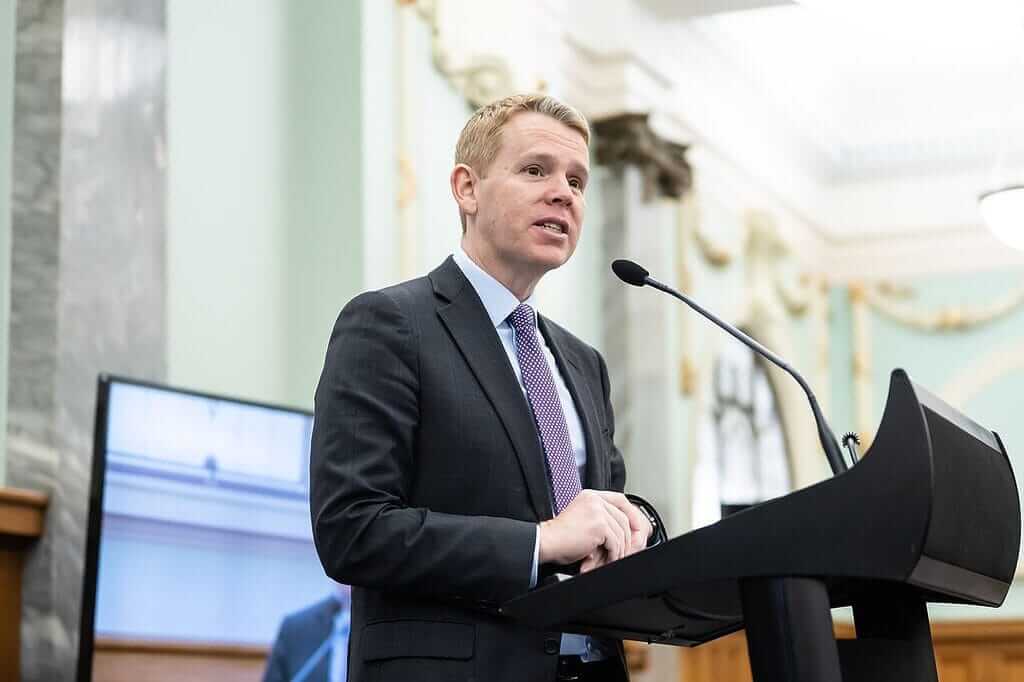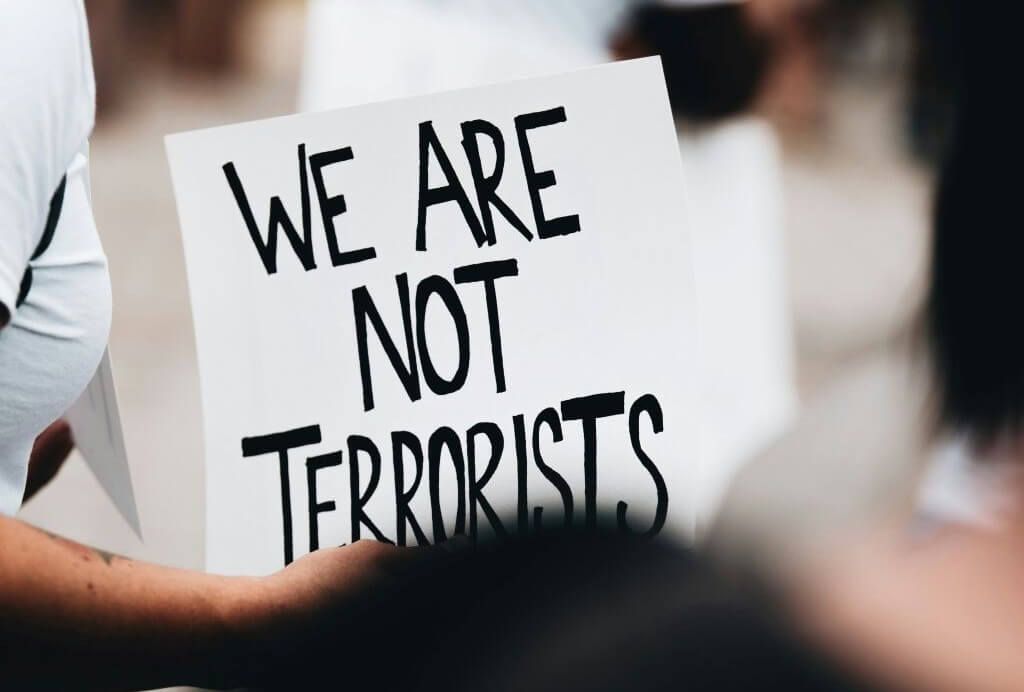On November 21, 2022 the Supreme Court declared the current voting age of 18 inconsistent with the Bill of Rights. The Human Rights Act 1993 prohibits age discrimination for those 16 or older.
Parliament must now consider the inconsistency, but it isn’t under obligation to act and any laws declared inconsistent remain valid.
The Prime Minister has promised legislation to lower the voting age. The change requires a supermajority of 75% of MPs voting in favour, but National, ACT and some Labour MPs oppose lowering the voting age.
However, only a simple majority is required to change the voting age for local government elections. It’s expected the Government will move to lower the municipal voting age to 16. The result will be two different voting ages: 16 to vote locally and 18 to vote nationally. Support among local government is mixed for lowering the voting age; Porirua City Council recently voted to endorse the change.
Politically and legally controversial
The ruling is legally controversial, but many support the ruling as a valid reconciliation of two acts that seem inconsistent.
The ruling is also contentious because most people oppose it. The latest Taxpayer’s Union Curia Research Poll found 79% of Kiwis were opposed to lowering the voting age; other polls have similar or even more opposed results, apart from a report commissioned by the Government that polled very differently.
Statistically, the younger someone is, the less likely they are to vote. But the voter turnout increased in the 2020 election, especially among young people.
It’s also a ruling that favours the left – statistically, the younger a voter is, the more likely they are to vote left – and would likely result in an extra seat for Labour.
Background – for those who are interested
The British New Zealand Constitution Act 1852 established a voting age of 21; this was reduced to 20 in 1969 and 18 in 1974, with the reasoning that if people were able to serve in the military and sacrifice their lives, they should also be able to vote. In 2017 the Children’s Commissioner Andrew Becroft said the idea of dropping the age to 16 should be discussed, although Parliament and the vast majority of citizens polled were opposed.
In late 2019 the advocacy group Make it 16, formed out of the Youth Parliament a few months earlier, filed a case with the High Court arguing that the voting age should be 16. The High Court disagreed, the Court of Appeals declined due to the highly political nature of the issue, with the Attorney-General advising similarly, saying
Parliament has not yet considered lowering the voting age and it should be able to consider the issues before the Court releases a decision that potentially skews public and political debate on the matter. In other words, the Court should not pre-emptively enter the debate when the matter is one to be determined not only by Parliament but also the electorate in general.
Since then, earlier this year, Parliament did debate a member’s bill that would have lowered the voting age – and rejected it in the first reading.
The Supreme Court ruled against the advice of the Crown and the lower courts in a 5:1 majority, saying the political nature of the issue shouldn’t be an obstacle because “a declaration of incompatibility does not oblige the Government or Parliament to do anything”. There have been over 30 laws declared inconsistent with the Bill of Rights; Parliament was free to ignore these entirely, until the Government’s August 29 amendment obliged Parliament to consider them. It also sends a signal for politicians to use as justification – the Prime Minister did so immediately, saying she “personally supported changing the age” and would draft another bill to do so.
Many commentators say this is another case showing how NZ courts are becoming increasingly political, undermining democracy by shifting the balance of power away from elected representatives without significant public comment. However much of the blame lies with legislators for creating vague laws (especially recently those involving Māori tikanga).
Some on the left argue that the ruling is not progressive at all and actually undermines universal enfranchisement. Former Labour candidate and prison reform advocate Josie Pagani points out that the Court’s argument, rather than being based purely on the definition of a legal adult, also presumed the right to vote is related to maturity and competence – potentially opening the door to denying voting rights to other adults on the basis of them lacking capacity.



















